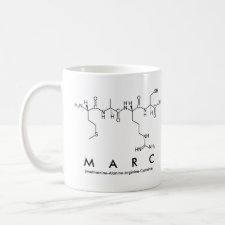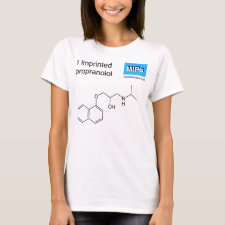
Authors: Bompart M, Goto A, Waittraint O, Sarazin C, Tsujii Y, Gonzato C, Haupt K
Article Title: Molecularly imprinted polymers by reversible chain transfer catalysed polymerization.
Publication date: 2015
Journal: Polymer
Volume: 78
Page numbers: 31-36.
DOI: 10.1016/j.polymer.2015.09.060
Alternative URL: http://www.sciencedirect.com/science/article/pii/S0032386115302652
Abstract: Molecularly imprinted polymers (MIPs) are tailor-made biomimetic receptors obtained by polymerization in the presence of molecular templates. They contain binding sites for target molecules with affinities and specificities on a par with those of antibodies, hormone receptors or enzymes. Mainly synthesized via radical polymerization of vinyl monomers, MIPs have also recently taken advantage of the introduction of modern methods of controlled/living radical polymerization (CRPs). In this paper, we report for the first time the use for MIP synthesis of a recently developed CRP method based on an iodide-transfer polymerization with a reversible activation mechanism, referred to as Reversible chain-Transfer Catalysed Polymerization (RTCP). Using S-propranolol as model template, we show that this technique is a convenient method for the synthesis of MIPs, both in the format of bulk polymers and nanoparticles, yielding polymers with reactive chain ends for an easy surface functionalization
Template and target information: propranolol, S-propranolol
Author keywords: molecularly imprinted polymer, Reversible chain-transfer catalysed polymerization, living radical polymerization



Join the Society for Molecular Imprinting

New items RSS feed
Sign-up for e-mail updates:
Choose between receiving an occasional newsletter or more frequent e-mail alerts.
Click here to go to the sign-up page.
Is your name elemental or peptidic? Enter your name and find out by clicking either of the buttons below!
Other products you may like:
 MIPdatabase
MIPdatabase









